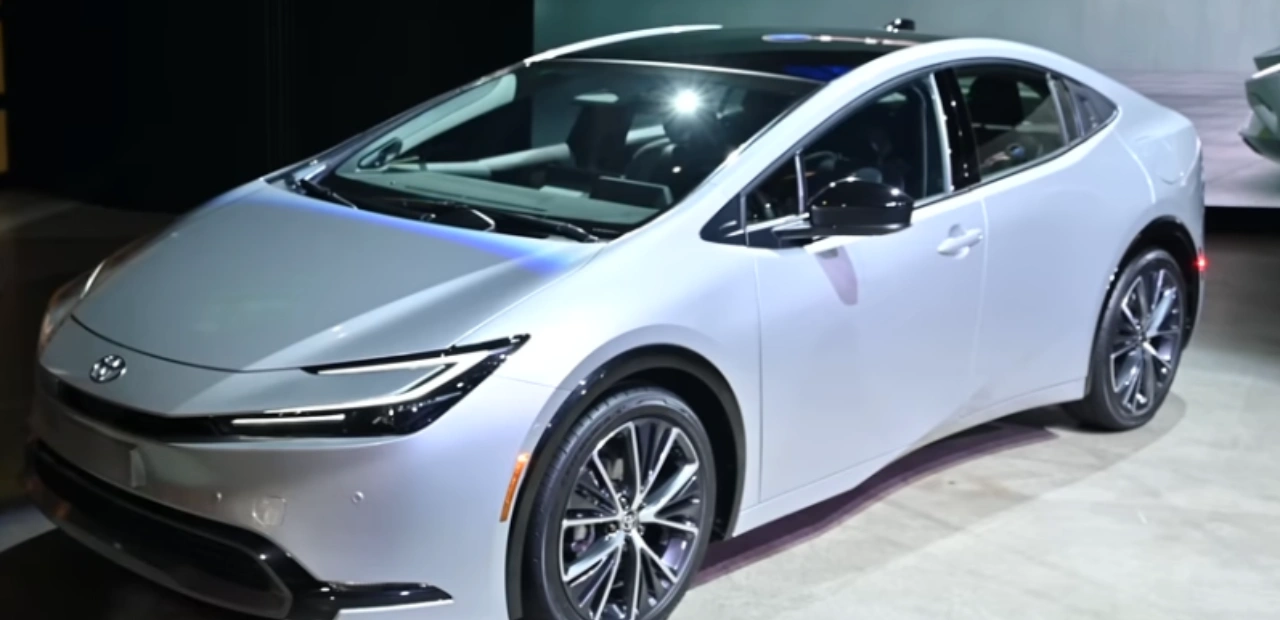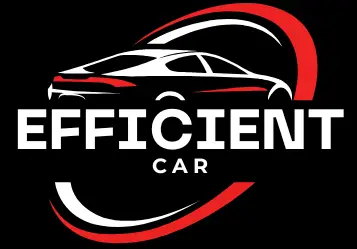What are the drawbacks of efficient cars?

Limited Driving Range: While efficient cars excel in fuel economy, they often have a limited driving range compared to traditional vehicles. This can be a concern for those who frequently undertake long-distance journeys or live in areas with limited access to charging stations.
Efficient cars are known for their impressive fuel economy, outperforming traditional vehicles in this regard. However, one of the key drawbacks of these vehicles is their limited driving range. This can be a major concern for individuals who frequently embark on long-distance journeys or reside in areas that lack access to charging stations. The need to constantly recharge or refuel can become inconvenient and time-consuming, especially when compared to the convenience of filling up a tank at a gas station. It is important for potential buyers to carefully consider their driving habits and routine before opting for an efficient car, to ensure that their needs and lifestyle align with the limited driving range of these vehicles.
The limited driving range of efficient cars can have a particularly negative impact on individuals who rely on their vehicles for long commuting distances or frequent road trips. These situations may require either extensive planning to locate and utilize available charging stations or the acceptance of the possibility of running out of charge before reaching a destination. Additionally, for those who live in areas with limited access to charging infrastructure or are on the road for long periods without a reliable source of electricity, the limited driving range poses a significant inconvenience. In such scenarios, it becomes crucial to weigh the benefits of fuel efficiency against the potential challenges that may arise due to the restricted driving range of efficient cars.
Higher Initial Cost: Efficient cars typically come with a higher price tag compared to conventional vehicles. The advanced technology and specialized components required to optimize fuel efficiency contribute to these increased costs, making them less accessible for budget-conscious consumers.
Efficient cars often come with a heftier price tag than their conventional counterparts. This is primarily due to the advanced technology and specialized components required to optimize fuel efficiency. These components are often more expensive to produce and require more research and development. As a result, the increased costs associated with these vehicles can make them less accessible for budget-conscious consumers. While the long-term savings in fuel costs may offset the initial expense, the higher upfront price can still be a significant barrier for many individuals looking to purchase an efficient car.
Furthermore, the higher price of efficient cars can also be attributed to the limited scale of production. As the market for these vehicles is still relatively niche compared to conventional vehicles, manufacturers are not able to benefit from the same economies of scale. The smaller production volume results in higher manufacturing costs per unit, which are then passed on to the consumer. As a result, the limited production volume contributes to the higher initial cost of efficient cars, further narrowing the accessibility of these vehicles for budget-conscious individuals.
Limited Model Options: The market for efficient cars is still relatively niche, resulting in a limited range of available models. This can make it challenging for consumers to find a vehicle that meets their specific needs in terms of size, features, and performance.
The limited model options in the market for efficient cars pose a challenge for consumers looking to find a vehicle that meets their specific needs. With the market still relatively niche, there is a restricted range of available models to choose from. This can make it difficult for individuals to find a car that aligns with their preferences in terms of size, features, and performance.
For those seeking a compact or a larger vehicle, the options may be even more limited. The range of models may not cater to a wide variety of consumer needs, meaning that some individuals may need to compromise on certain features or settle for a car that doesn't fully meet their expectations. Additionally, consumers who have specific performance requirements, such as towing capabilities or acceleration, may find it challenging to find an efficient car that can deliver on these fronts. The limited selection of models in the market can make the search for an efficient car that meets all desired criteria a challenging task.
Longer Refueling Time: While electric cars provide energy-efficient options, they often require longer charging times compared to conventional refueling. This can be inconvenient for those who are used to the quick and straightforward process of filling up their tanks at traditional gas stations.
Electric cars have gained popularity for their energy efficiency and environmentally friendly features. However, one drawback that prospective buyers should consider is the longer refueling time compared to conventional vehicles. Unlike the quick and straightforward process of filling up a tank at a traditional gas station, charging an electric car can take significantly more time. This extended charging duration may be inconvenient for those who are accustomed to the convenience and speed of refueling with gasoline.
The time it takes to charge an electric car varies depending on the vehicle and the type of charging station used. Even with the fastest charging stations available, it typically takes significantly longer to charge an electric car compared to filling up a gas tank. This can be especially challenging for those with busy schedules or those who frequently need to travel long distances. The need for longer charging times may require careful planning and coordination to ensure that the vehicle is adequately charged for each journey.
Lack of Infrastructure: The mainstream adoption of efficient cars is hindered by the lack of sufficient charging infrastructure. In many areas, the number of charging stations is limited, making it difficult for electric vehicle owners to find convenient locations for recharging their vehicles.
Efficient cars have the potential to revolutionize the transportation industry, but a significant barrier to their mainstream adoption lies in the lack of sufficient charging infrastructure. For electric vehicle owners, finding convenient locations to recharge their vehicles can be a challenge. In many areas, the number of charging stations is limited, leading to increased anxiety about running out of power during a journey. This lack of infrastructure not only hinders the widespread use of efficient cars but also creates a barrier for those considering making the switch to electric vehicles.
Without a robust charging network in place, electric vehicle owners may find themselves restricted in their travel options. The limited availability of charging stations can be especially problematic for those who rely on their vehicles for long-distance journeys or who live in areas with fewer amenities. The inconvenience of locating a charging station, combined with the longer charging times required, can deter potential electric vehicle owners from embracing this more sustainable and environmentally friendly mode of transportation. Addressing the lack of charging infrastructure is crucial for facilitating the widespread adoption of efficient cars and ensuring a seamless and convenient experience for electric vehicle owners.
Limited Performance: Some efficient cars may sacrifice performance capabilities in favor of fuel efficiency. This trade-off can be a drawback for those who enjoy powerful acceleration or require a vehicle with towing capabilities.
Efficient cars have gained popularity for their ability to optimize fuel efficiency and reduce emissions. However, one of the trade-offs for achieving such efficiency is a potential sacrifice in performance capabilities. Some efficient cars may not offer the same powerful acceleration or towing capabilities as their conventional counterparts.
For those who enjoy the thrill of quick acceleration or rely on towing capabilities for work or recreational activities, this limitation can be a drawback. The focus on fuel efficiency in efficient cars often means that their engines are designed to prioritize conserving energy rather than delivering high performance. This can result in slower acceleration and a less responsive driving experience overall. Similarly, the reduced power output of efficient cars may not meet the needs of individuals who regularly tow heavy loads, whether it be trailers, boats, or other equipment.
While the trade-off in performance is a reality for many efficient cars, it is important to note that not all models within this category suffer from this limitation. Advances in technology and engineering have allowed some manufacturers to strike a balance between efficiency and performance, offering vehicles with both impressive fuel economy and satisfactory acceleration and towing capabilities. However, for those who prioritize performance above all else, it may be necessary to explore options outside the realm of efficient cars.
